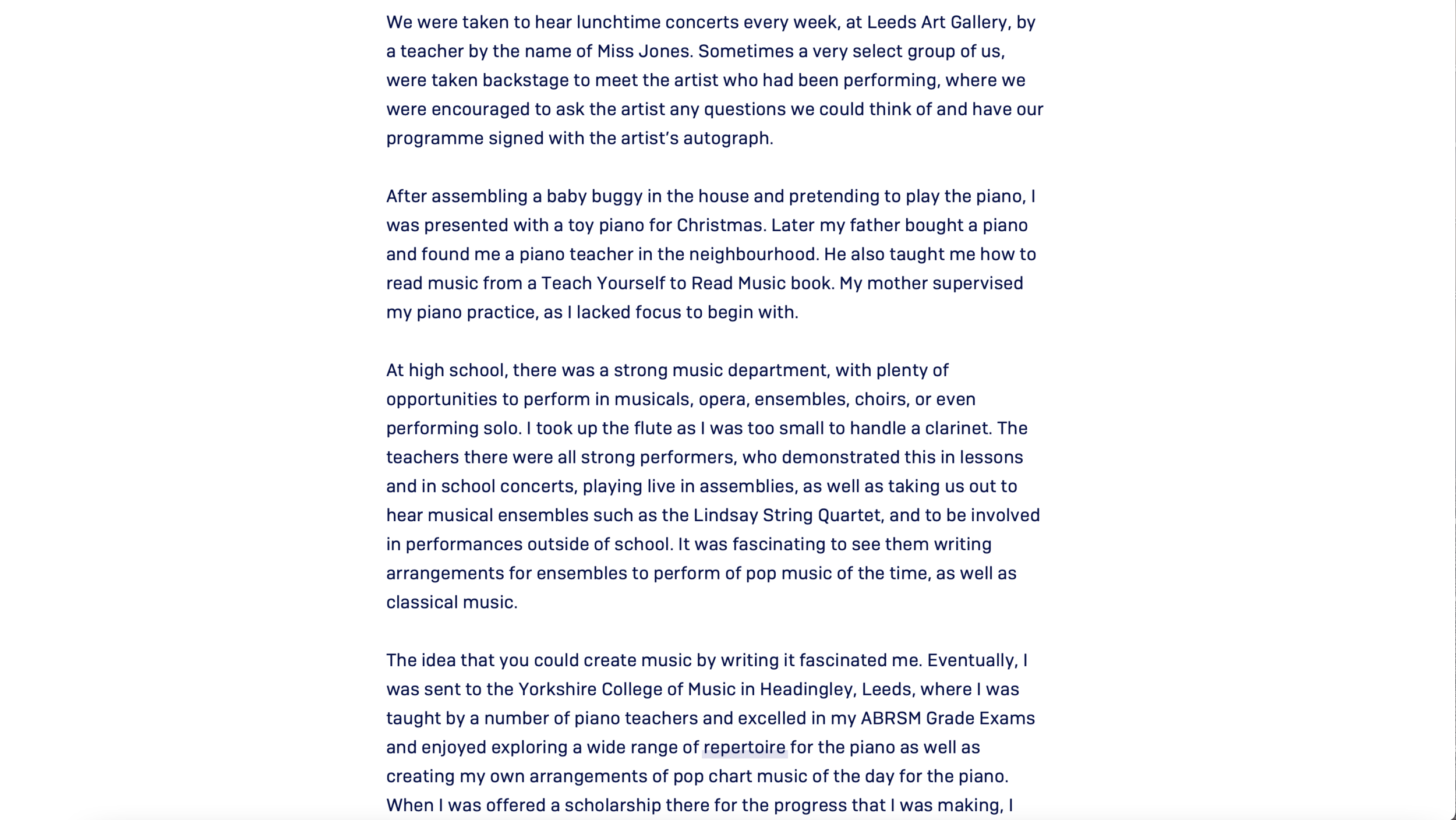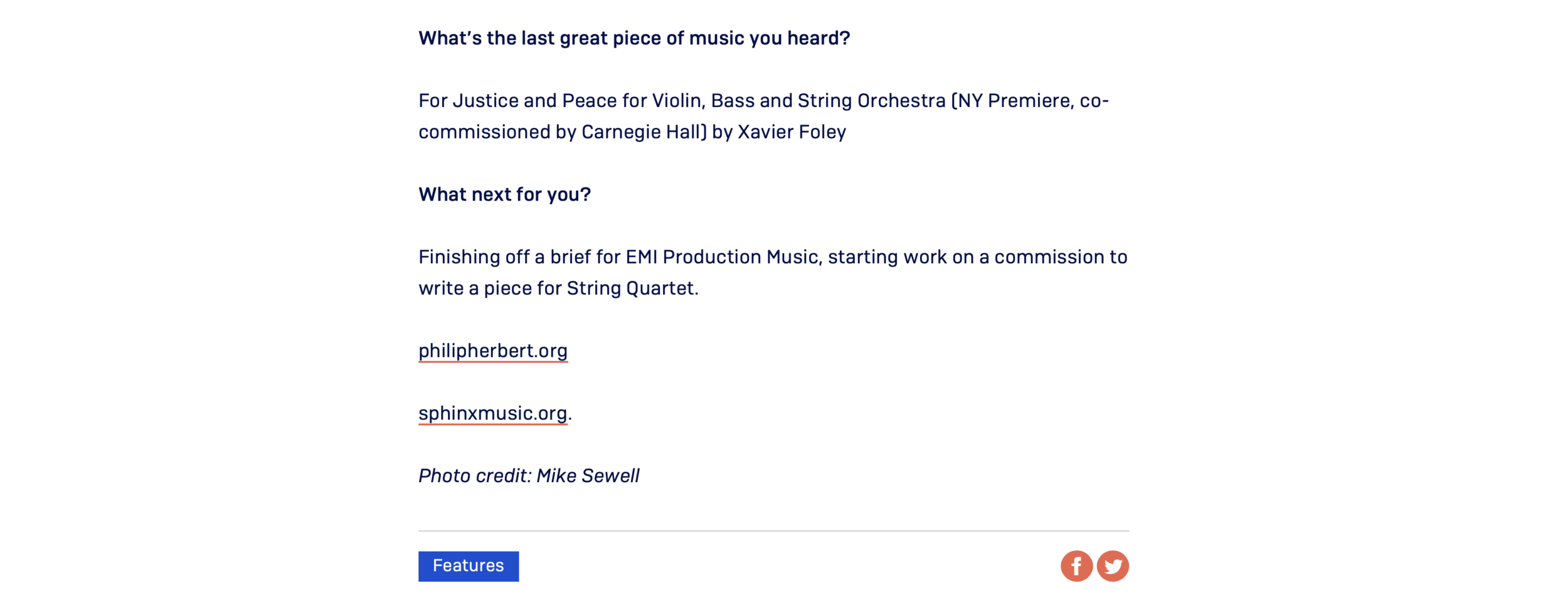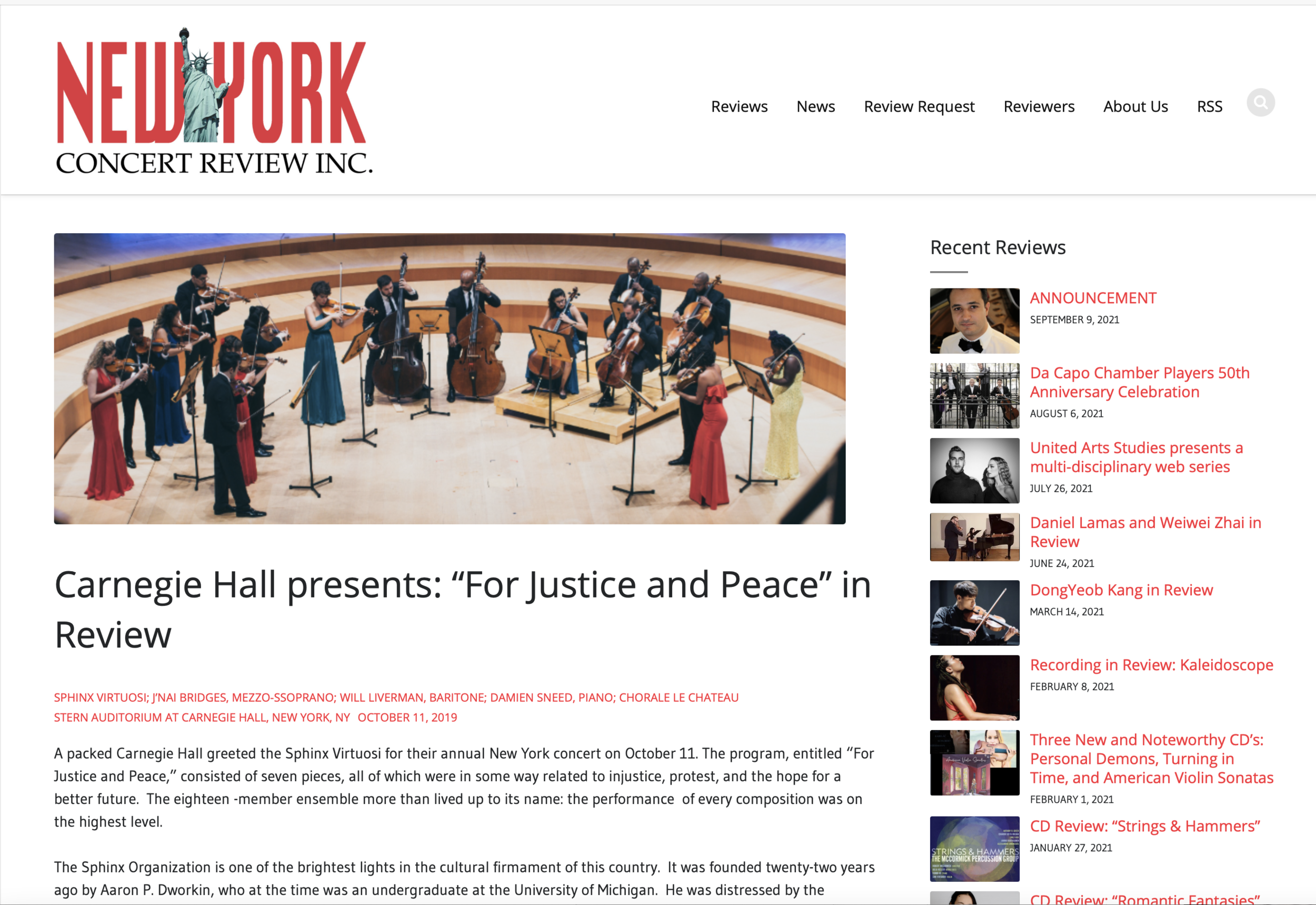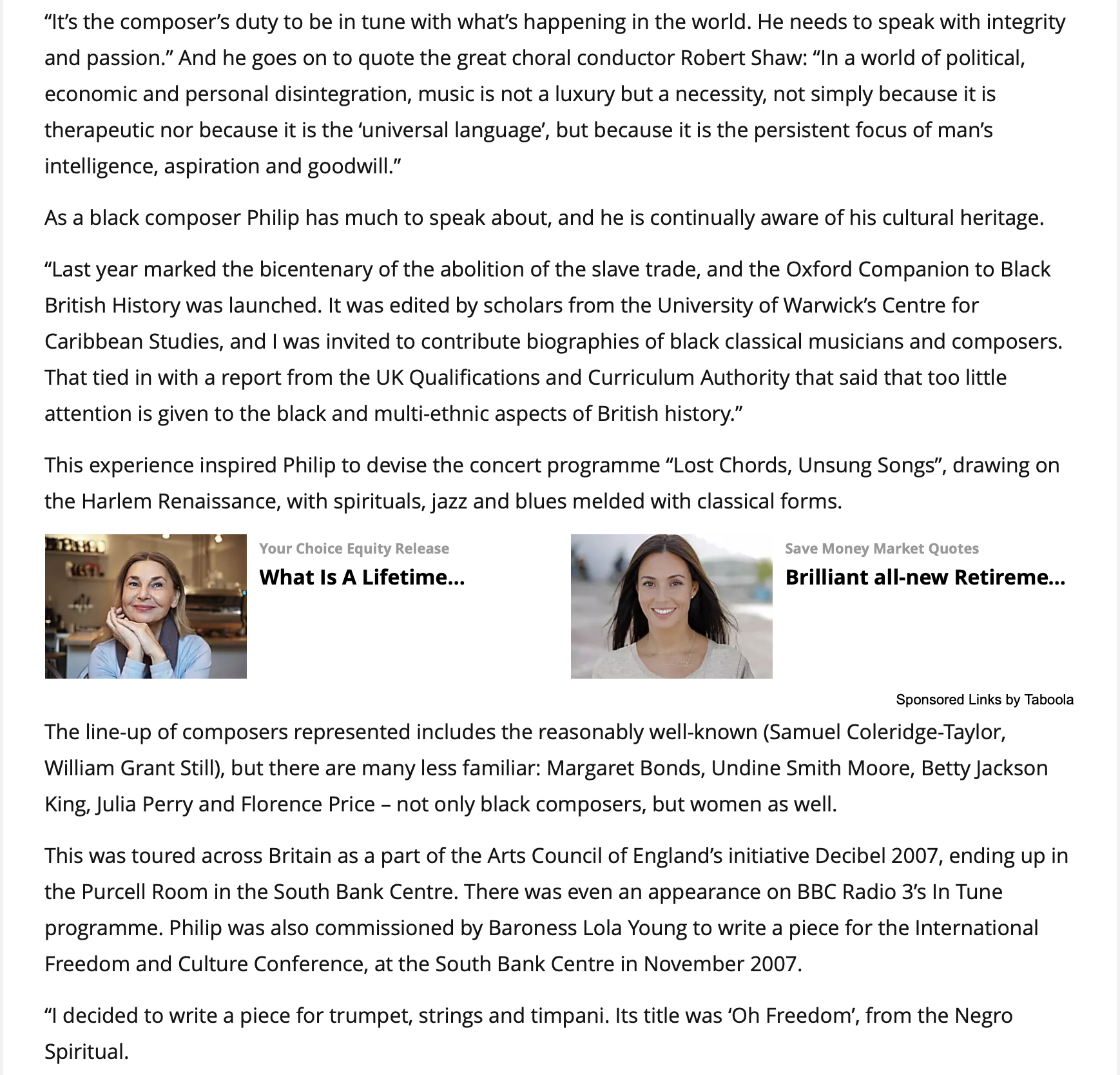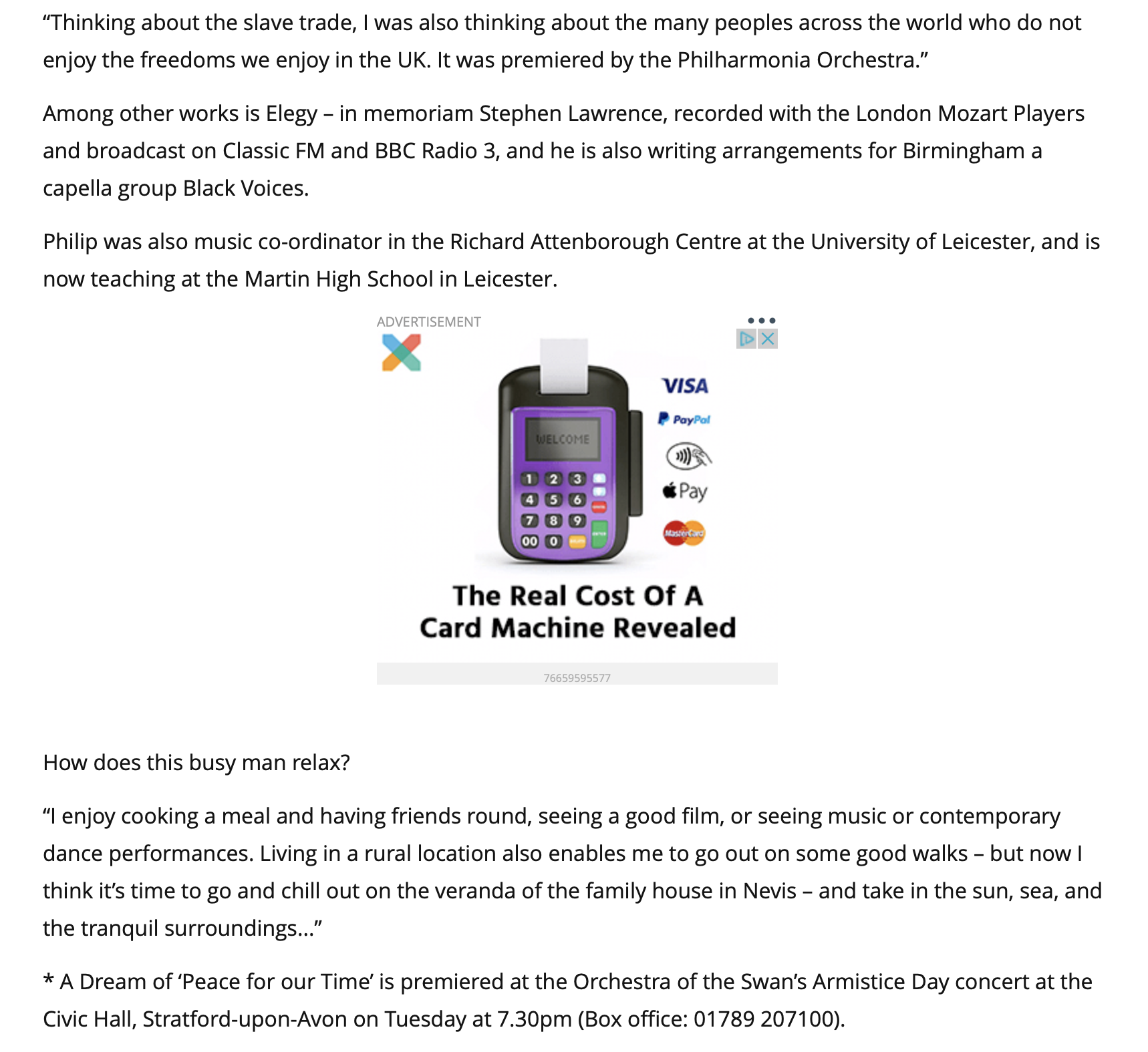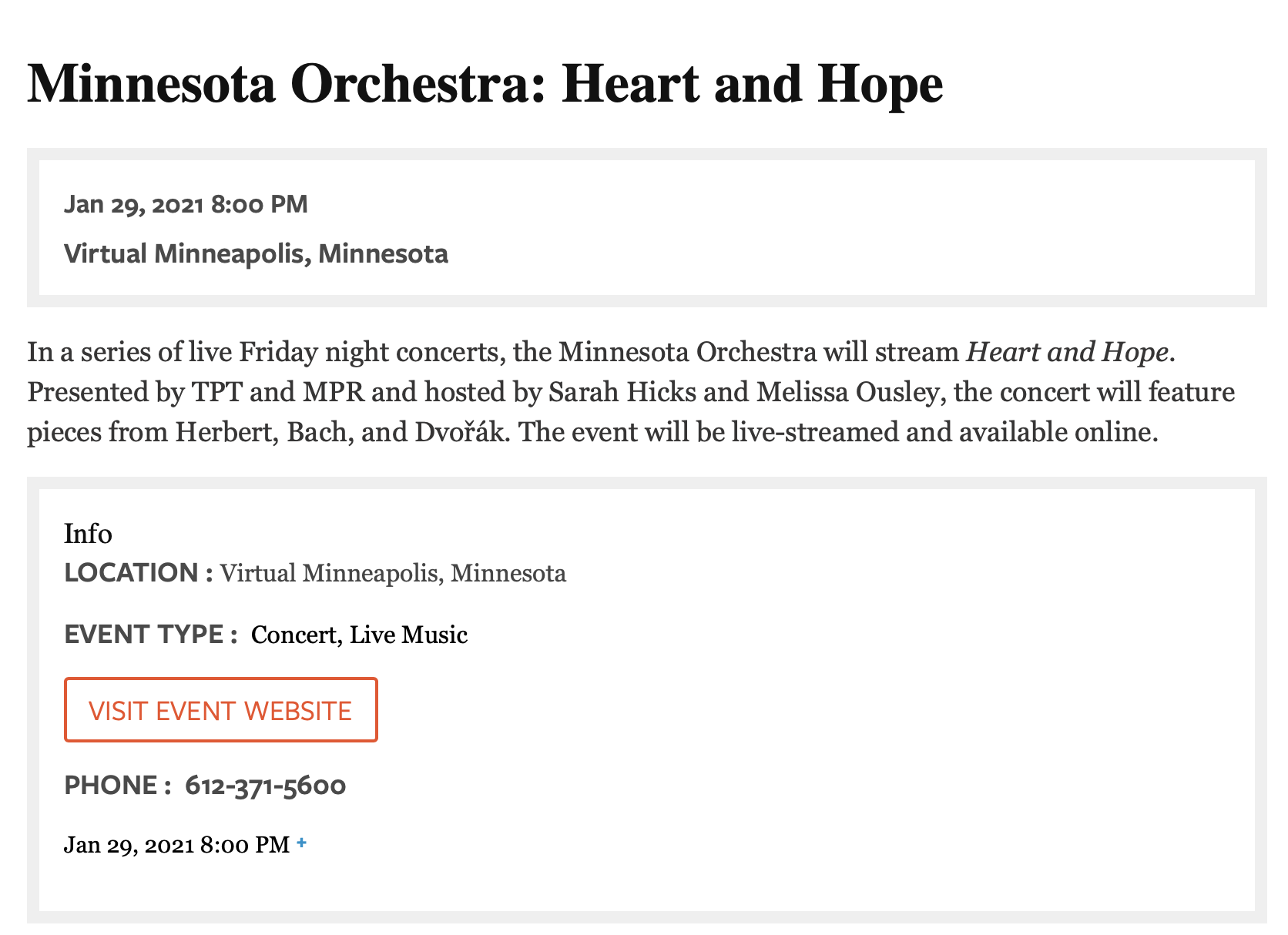‘Spark Catchers’ is released by NMC Recordings
“………this disc gives an enjoyable sample of the sheer range of music by BME composers that is out there……..there is a heartfelt elegy in memory of Stephen Lawrence by Philip Herbert.”
Richard Fairman Financial Times 17 January 2020
“On Spark Catchers (NMC), Chineke! Orchestra and Chorus have brought together music by six contrasting composers, all working today. Errollyn Wallen’s Concerto Grosso (2008), compact and energetic, mixes stylistic patterns of the baroque with punchy jazz rhythms. James Wilson’s The Green Fuse (2017), buoyant and intense, is in pastoral mood. Hannah Kendall’s vibrant and compelling The Spark Catchers (2017), inspired by Lemn Sissay’s poem, gives the disc its title. Daniel Kidane’s Dream Song, which sets the words of Martin Luther King (sung by the baritone Roderick Williams), and Philip Herbert’s lyrical Elegy (1999) for 18 string players, in memory of the murdered teenager Stephen Lawrence, reflect issues that, as Kidane says, “echo the unity of Chineke!”. The disc ends with Julian Joseph’s Carry That Sound, making a bluesy, upbeat conclusion.”
Rhian Samuel The Guardian January 2020
MUSIC REVIEW
Sphinx Virtuosi play in living color at Gardner Museum
By Zoë Madonna Boston Globe Staff,October 14, 2019, 6:21 p.m.
It’s no secret that the classical music world has a racial exclusion problem on both the performance and audience sides, and Detroit’s Sphinx Organization is committed to addressing that — as it puts it, “transforming lives through the power of diversity in the arts.” One of the many initiatives under its large umbrella is Sphinx Virtuosi, a professional 18-member touring string orchestra of black and Latinx musicians. A Sunday afternoon performance at the Isabella Stewart Gardner Museum’s Calderwood Hall showed there wasn’t a weak link in the bunch of pieces or players, but that solid excellence was just one thing that set that show apart.
Outreach and audience empowerment are among the Sphinx guiding principles. So it makes sense that the musicians didn’t assume the audience had pre-existing knowledge of their repertoire — any of it. Comments from the players prefaced both new pieces, like “Get Out” composer Michael Abels’s “Global Warming,” and well-traveled works like Bartók’s Divertimento for String Orchestra; these deftly explained how the music fit into the program’s theme, “For Justice and Peace,” while inviting the audience to engage with the music on a personal level.
For those who actually were familiar with classical music, the self-conducted ensemble had an unspoken message. Since the orchestra was invented, listeners have expected musicians to dress up and dress alike — go to any orchestra concert and it’ll likely be tuxes for the men, basic black for the women. But the Virtuosi players went for formality without conformity. The women played in long gowns of various colors, and the hairstyles onstage included neatly trimmed natural hair, an immaculate side shave, locs, and elaborate braids. If the world at large prizes “fitting in,” the orchestral world does so even more, and black people’s natural hair has long been written off as unprofessional. In living color, the Virtuosi said volumes: “this music is ours too, and we’re going to play it our way.”
And on Sunday afternoon, the Sphinx way was to play with a fire lit under every phrase. The first taste of that came with Aldemaro Romero’s “Fuga con Pajarillo,” which mixes the mathematical exactitude of Bach with the percussive sounds and showy improvisation of Venezuelan folk music. Concertmaster Rubén Rengel relished his spotlight moment with a growling solo that covered almost the entire fingerboard.
Bartók’s Divertimento, the composer’s final notated piece before he fled Axis-allied Hungary in 1940, began taut and lean. Bright glances darted across the semicircle of players, all standing except for cellists, and dance rhythms sparked in their fingers. The anguished melody of the central slow movement welled up from the ground with such power that applause rained down from the balconies afterward.
The pieces fit into the theme from many angles, and the players’ vibrant treatment of each one helped the afternoon fly by. Listening to “Global Warming,” a burst of sugary post-Cold War optimism, the episodes of tension at the beginning and end stood out more than the joyous whoop of fiddle-tune fusion that was most of the piece. Philip Herbert’s “Elegy: In Memoriam — Stephen Lawrence,” written after an official inquiry described the London police as “institutionally racist,” was transparently somber; for me, the 20-year-old piece carried even more weight in light of the Saturday morning death of Atatiana Jefferson, who was shot in her own home by Fort Worth police.
Especially thrilling was Sphinx double bassist Xavier Foley’s “For Justice and Peace,” the short double concerto for which the program was named. Foley and Rengel’s colliding solos created a sense of escalating urgency punctuated by ominous gavel bangs, kicked up to another level when the orchestra lowered their bows and started singing; I only wish the text had been printed in the program. Jessie Montgomery’s spiritual-inflected “Source Code” was as stirring as a dirge could ever be, and scaled up from its original string quartet form to string orchestra, it made a mighty noise. The focused intensity of the Sphinx Virtuosi cello section would be the envy of many established orchestras.
The unrelenting last movement of Schubert’s String Quartet No. 15 in D minor (“Death and the Maiden”) mostly went at a moderate trot, it being much harder to maneuver a string orchestra (a self-conducted one at that) than a quartet. The orchestra accomplished the most ticklish passages by trading off phrases within sections, spurred itself to a sprint for the finish line — and had enough energy for a Piazzolla encore. One would never guess that these players only come together a few times each year, but the more anyone gets to hear them, the better.
SPHINX VIRTUOSI
At Isabella Stewart Gardner Museum, Oct. 13.
Zoë Madonna can be reached at zoe.madonna@globe.com. Follow her on Twitter @knitandlisten. Madonna’s work is supported by the Rubin Institute for Music Criticism, San Francisco Conservatory of Music, and Ann and Gordon Getty Foundation.
“…….genuine deeply felt expression……..a mature score of no little depth……..” Musical Opinion April 2019
The Observer, 20 September 2015
The Guardian 14 September 2015
“Connecting all of this to the present, sadly was “In Memoriam Stephen Lawrence”, a string elegy by contemporary British composer Philip Herbert, penned in memory of a Black teenager murdered in 1993. This was hands-down the most moving performance of the evening.”
”
‘Elegy is a haunting lyrical piece, that has the tramshed awash with tears....’
Jon Snow, New Statesman
‘This Elegy is beautiful in it’s own right’
New York Concert Review
‘Herbert’s finely crafted work was sensitively and touchingly delivered’
The Guardian
‘A heartfelt Elegy in memory of Stephen Lawrence’
Financial Times



